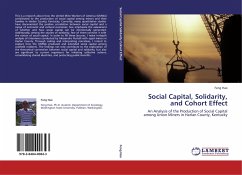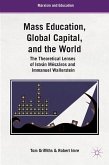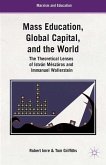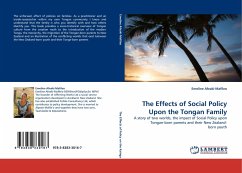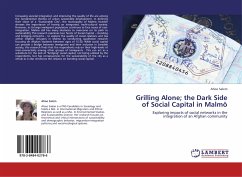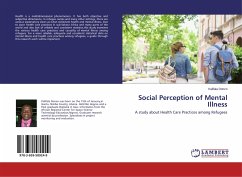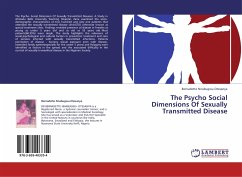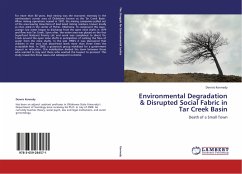This is a research about how the United Mine Workers of America (UMWA) contributed to the production of social capital among miners and their families in Harlan County, Kentucky. Currently, many quantitative studies have documented the positive correlation between social capital and a range of economic and cultural outcomes; few emphasize the assessment of whether and how social capital can be intentionally generated. Additionally, among the studies of solidarity, few of them connect it with the notion of social capital. In order to fill these lacunas, I make in-depth analysis of interviews conducted by Alessandro Portelli with aged miners in Harlan County. Through coding and interpreting narratives, I intend to explore how the UMWA produced and extended social capital among coalfield residents. The findings not only contribute to the exploration of the theoretical connection between social capital and solidarity, but also are significant to current organizers for initiating collective actions, consolidating shared identities, and protecting public benefits.
Bitte wählen Sie Ihr Anliegen aus.
Rechnungen
Retourenschein anfordern
Bestellstatus
Storno

